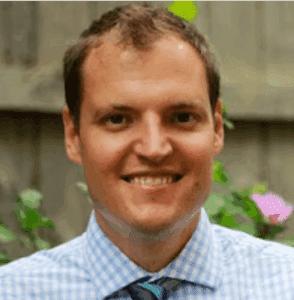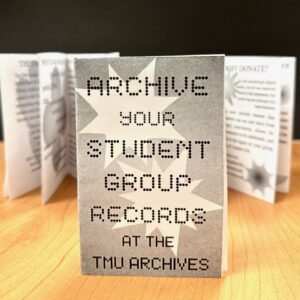 Once crowds disperse, what happens to the posters at a student protest? Where do records and materials go after a student group disbands?
Once crowds disperse, what happens to the posters at a student protest? Where do records and materials go after a student group disbands?
TMU Libraries has launched a new project to ensure pieces of student life history aren’t forgotten, but instead become part of the University’s legacy.
Work is underway at the Libraries’ Archives and Special Collections to promote the collection of student life and student group materials. The project teaches student groups about document management with the goal of preserving future records of the university’s student government, groups, and communities. Ultimately, the initiative seeks to maintain the legacies, voices, and narratives of the student body.
This initiative was made possible by a generous gift from the Ryerson Centre (a now non-operational charitable foundation that had been part of the university community since 1953)
“While the Archives contains some student group material, there are gaps,” says TMU Archivist, Tanis Franco. “Student group records are an important voice in the history of TMU. We hope that this project allows student groups to consider donating to the Archives to preserve their histories.”
Through the Ryerson Centre donation, TMU Libraries’ Project Archivist Roxy Moon has started an archival outreach program. This includes personal archiving 101 workshops and guides that teach students how to use these records for research and storytelling, bridging the gap between the past and the present.
“While sorting through decades of student materials, it became so apparent how greatly students shape TMU,” says Moon. “Our goal is to promote student use of the Archives to do research, learn more about student histories, and to fill historical gaps.”
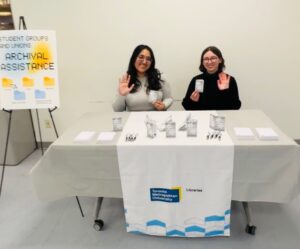
In addition to the Project Archivist, a Community Partnership position has been created, giving fifth-year TMU student Carol Mary Varghese the opportunity to work directly with the Archives. Throughout the winter term, Varghese will work with Moon, helping build relationships with current student unions and groups, encouraging them to contribute their own stories to the growing collection.
“In archiving there is the idea of ‘passive’ versus ‘active’ collecting. This project is about active collecting–seeking out materials and building relationships with students and student groups so fewer gaps emerge now and in the future,” says Moon.
On alternating Tuesdays and Thursdays, Moon and Varghese are settling up an information table on the main floor of the Library. “Student groups and union members, or any students, interested in contributing to the Archives can drop by,” says Moon. “We can answer any questions, and set up meetings for the next steps.”
Why does all of this matter? By documenting and preserving the history of student life, future students and researchers can bear witness to change. The Archives hold incredible stories of student advocacy, including examples like:
- The “Booxodus” of 1967: To demonstrate the need to grow the Library’s collection, the Students’ Union organized a massive walkout where students borrowed 3,000 books at once and marched on Victoria and Gerrard.
- Freeze the Fees, Student Day of Action: In the mid 1990s, as part of a tuition freeze protest, the Students’ Union President sent 30 bags of ice directly to then-University President Claude Lajeunesse’s office to call for a “tuition freeze.”
From founding essential services like RyePRIDE (now Queer Space) and the Good Food Centre to participating in global movements like the People’s Climate March and Black Lives Matter, student organizations have always been at the forefront of change.
You Can Be Part of History!
The Libraries’ Archives is dedicated to ensuring that future generations can see the robust legacy of student contributions–but to do that, they need your help.
If you are a member of a student government, group, publication, or organization, share your records with the Archives. This will help future leaders understand how your group evolved, or look back to conduct their own historical projects.
What to donate:
- Posters and event flyers
- Meeting minutes and reports
- Correspondence
- Photographs
Open House: Feb. 12, 12 – 2 p.m.
On Feb. 12, visit the Archives (4th floor)! Look back through student history! Project Archivist, Roxy, and Student Archival Outreach Assistant, Carol, will discuss the importance of preserving student histories and how to archive your student group records. A selection of student and student group materials will be on display, including short promotional films made by students for the Ryerson Rural Centre–TMU’s farm from the 1970s!
Exhibition: Feb. 12 – March 31
Check out the history of students in action! Come visit the Archives window exhibit on the 4th floor. See materials related to TMU student history, including unique artifacts like the Inuit Legend Barbie Doll created by Fashion Program students.
Want to dig deeper? Consult the Selected Bibliography of Student Resources Available at the Toronto Metropolitan University Archives
The student group archival outreach project is more than a look back in time; it’s about ensuring that the student voice is maintained for years to come.
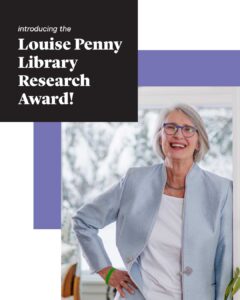
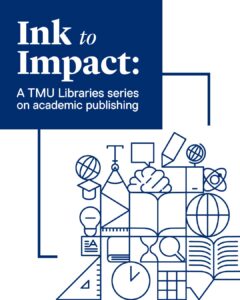 Ink to Impact
Ink to Impact 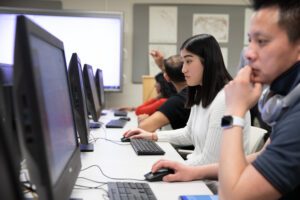 In response to students and faculty increasingly expressing interest in knowing more about the research process and AI, TMU Libraries has launched a
In response to students and faculty increasingly expressing interest in knowing more about the research process and AI, TMU Libraries has launched a 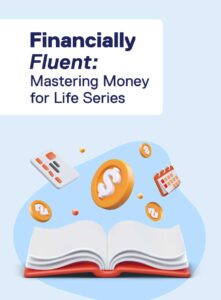 Take control of your money and gain foundational knowledge to manage your finances!
Take control of your money and gain foundational knowledge to manage your finances!
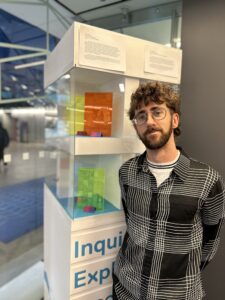
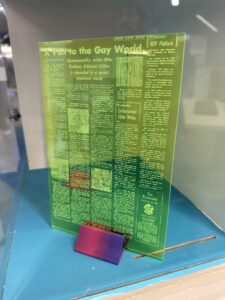
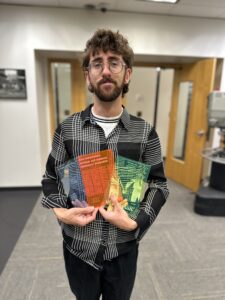 Will you continue to build on this project?
Will you continue to build on this project?